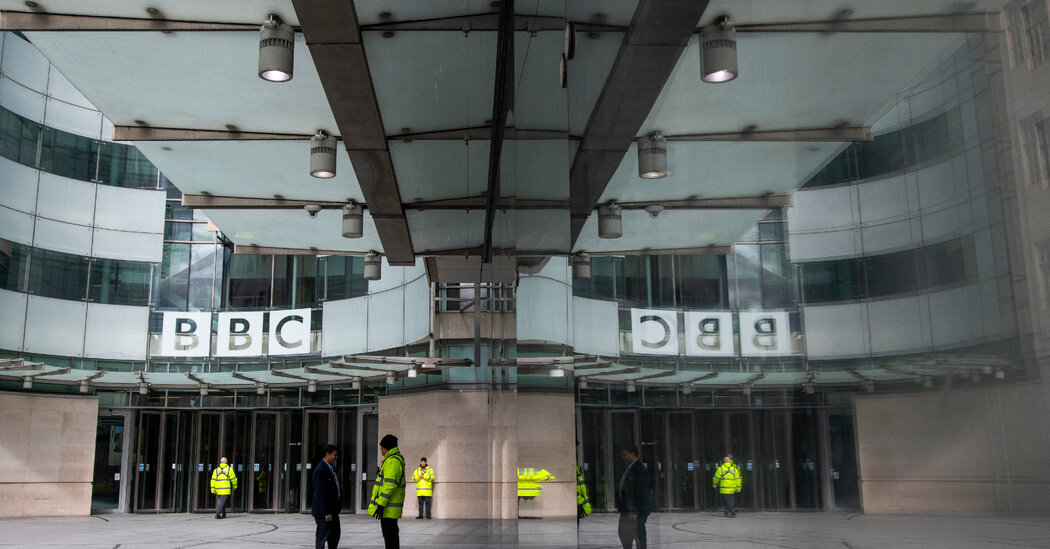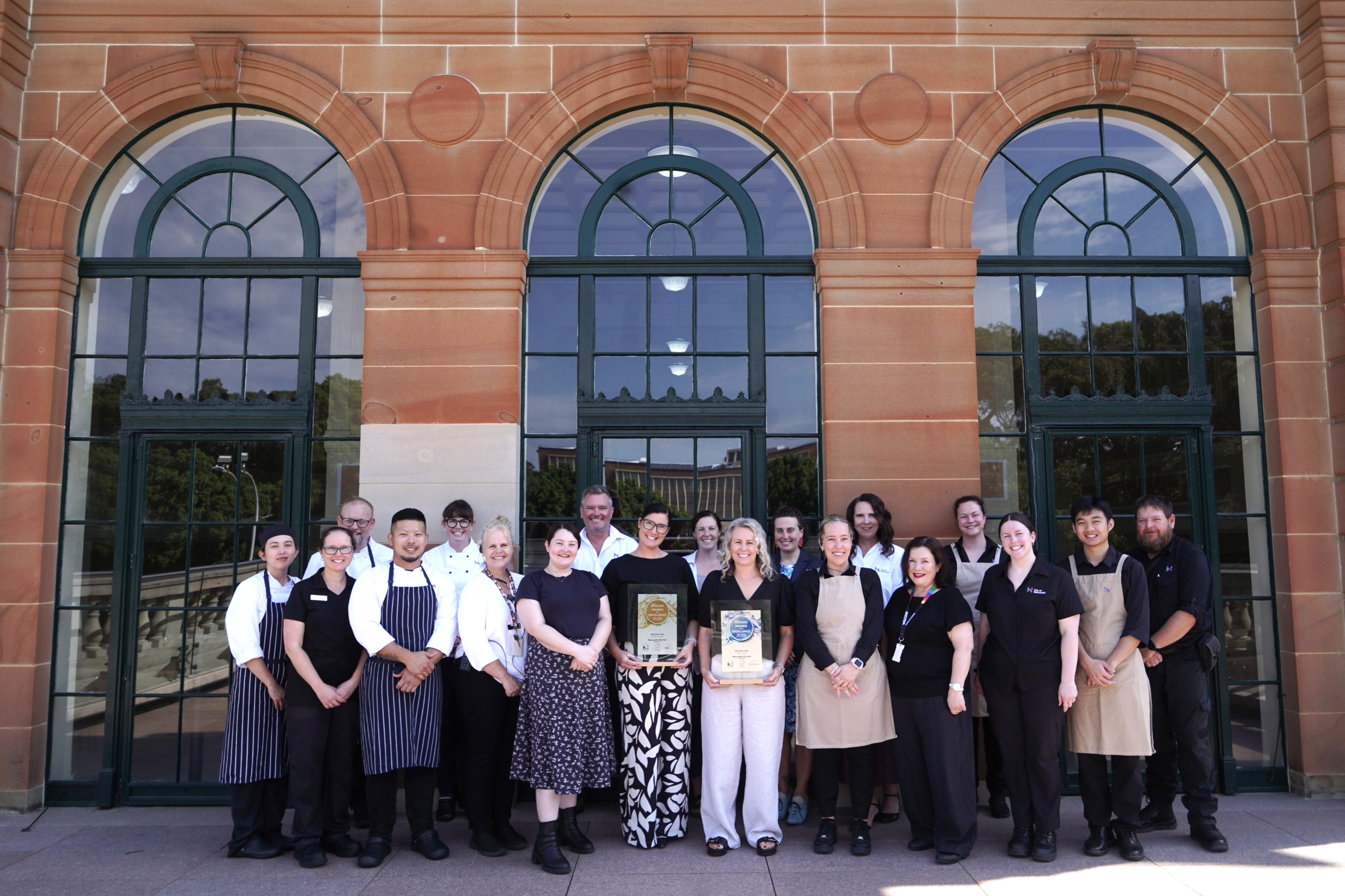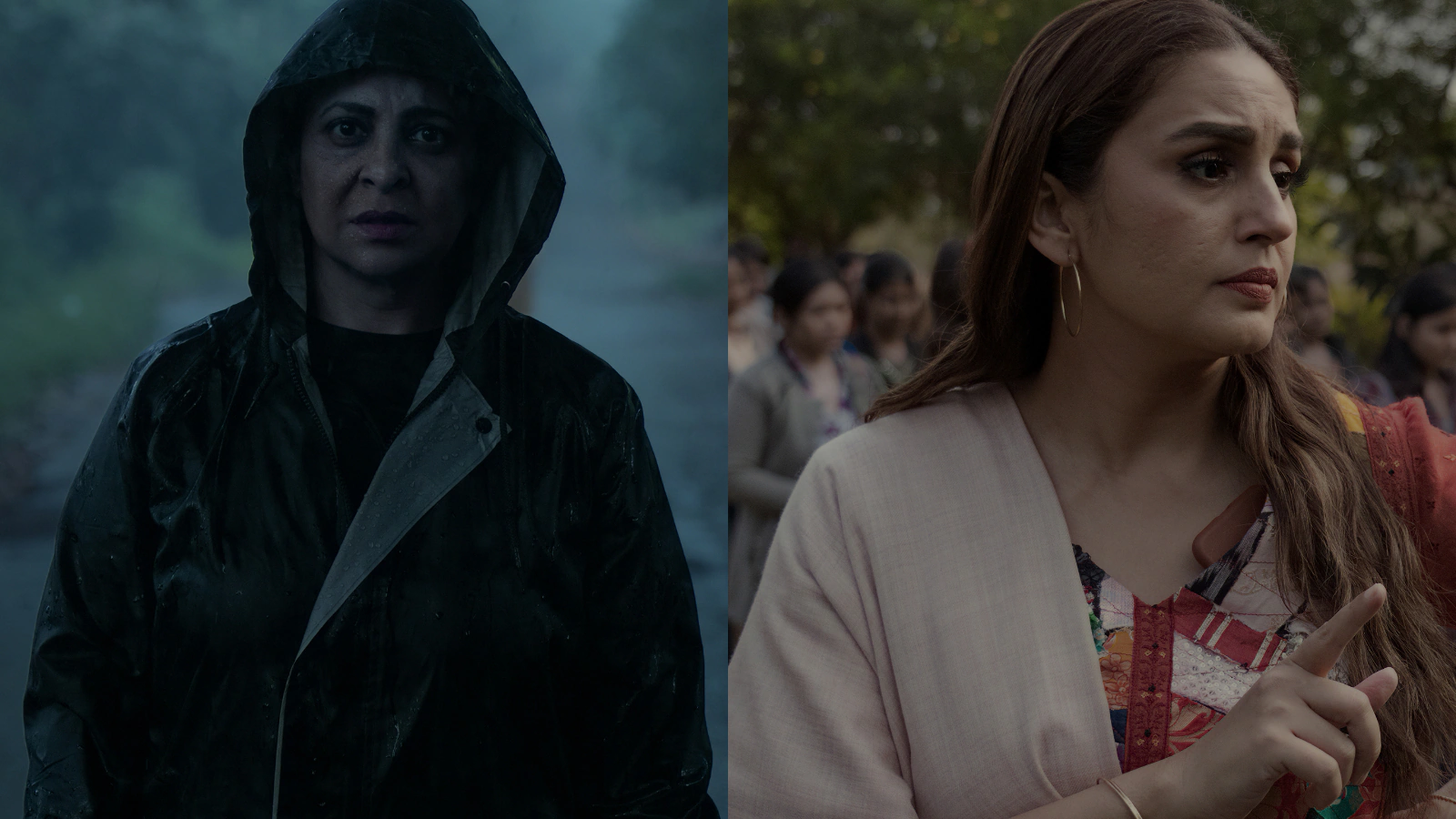Copyright The New York Times

The BBC’s biggest crisis in decades It is tempting to view the sudden resignation of two top BBC executives on Sunday evening, in the wake of scathing criticism by the Trump administration, as an extension of the pressure that President Trump has put on news media organizations in the U.S. The executives resigned after a leaked memo said the BBC had misleadingly edited a speech by Trump that preceded the Jan. 6 riot at the U.S. Capitol, splicing together comments that were actually about 50 minutes apart. But the British Broadcasting Corporation is not CBS or ABC, both of which settled lawsuits brought by Trump over their coverage of him. Its current crisis — the gravest the BBC has faced in decades — is less about Trump, experts say, than about the insoluble tensions of a renowned public service broadcaster operating in a bitterly divided world. Vilified by political enemies who accuse it of chronic bias — in this case, to the left — and targeted by rival news organizations who resent its public funding, the BBC is a perennial football in Britain’s political contests. With its global reach, it regularly runs afoul of foreign governments as well, including in India and the U.S. In 2024, Davie was back under a microscope for what critics said was a failure to deal with charges of unwelcome physical conduct and inappropriate language toward colleagues by the presenter of MasterChef, Gregg Wallace. The Israel-Hamas war brought a fresh raft of headaches. A 2025 documentary, “Gaza: How to Survive a War Zone,” came under fierce criticism after it emerged that the father of the 13-year-old narrator was a Hamas official. Davie pulled the film from BBC’s iPlayer service, saying he had lost faith in it. Last summer, Davie was again on the defensive when the BBC did not cut away from Bob Vylan, an English punk rap duo, after they led a crowd at the Glastonbury Festival in chanting, “death to the I.D.F.,” referring to the Israeli military. The Trump factor Even before Trump entered the fray, the BBC was regularly targeted by Conservatives like Boris Johnson, the former British prime minister. He recently called for heads to roll as a result of the Jan. 6 documentary. Nigel Farage, the right-wing populist who leads the anti-immigrant party Reform U.K., accused the BBC of “election interference.” He said he discussed the matter with Trump last Friday, and that the U.S. president had made his feelings known in “not a quotable form.” Despite the constant din of criticism, the BBC is more trusted among viewers than the major American networks, according to a study by the Pew Research Center. During Davie’s tenure, it has also prospered in entertainment programming. The British government has offered the BBC qualified support, though Trump’s role in the drama has put Prime Minister Keir Starmer in an awkward spot. He has tried to avoid conflict with Trump on issues like tariffs and the war in Ukraine. On Monday, senior officials portrayed the outcry as a “teachable moment” for the broadcaster. Even the BBC’s staunchest defenders agreed. “What’s best for the BBC is to have a reset and address these issues,” said Claire Enders, a media analyst in London. “For the BBC to manifest political bias is the most dangerous thing it could do in this world.” Interested in providing feedback on this newsletter? Take our short survey here. Syria’s president was welcomed at the White House President Ahmed al-Shara of Syria met with Trump yesterday. He was the first Syrian head of state to visit the White House. An Islamist former rebel leader who was once designated as a terrorist by the U.S., al-Shara wants to bring Syria back to the international fold and rebuild the country after nearly 14 years of civil war. He has been embraced by Trump, who has pledged that the U.S. would lift sanctions on Syria. For more: Al-Shara’s journey from a jihadist intent on killing American soldiers in Iraq to today’s suave, conciliatory leader is so immense that questions are being asked about how complete the conversion really is, Roger Cohen writes. My colleague Priya Krishna never met her paternal grandparents. But she feels close to them thanks to a spice blend that she’s known since childhood. It’s called Atom Masala, and it was invented by her grandparents to add some Indian zing to bland food when her grandfather traveled abroad for work. They sent their four children, including Priya’s father, bottles of the blend after they left home. But like so many family recipes, the details were never fully shared. So, Priya embarked on a journey of more than a year to recreate Atom Masala at home, relying on the guidance, and critiques, of her family. Watch Priya tell the story in this video. What they’re watching … in Mexico Juan Gabriel, a pop music legend in Mexico, has been dead for nearly a decade. But Gabriel, also known as the “Divo of Juárez,” is still drawing huge crowds. This weekend, a landmark concert that he gave in 1990 was screened in Mexico City’s central plaza and more than 170,000 people turned out. The performance, recorded at the Palacio de Bellas Artes in Mexico, a grand concert hall that had long been the preserve of symphonies, was a big moment for Gabriel. He sang in a sequined mariachi suit alongside the National Symphony Orchestra, to both shock and delight. On Saturday, when the song “Amor Eterno” began to play, everyone cried, even the event’s security guards. “He’s my idol,” said one fan. “He changed culture. He changed music.” Read more. RECOMMENDATIONS Travel: Spend 36 hours in Kauai, a world away from Hawaii’s resort-studded islands. Watch: “Frankenstein” is the movie that director Guillermo del Toro was born to make.



